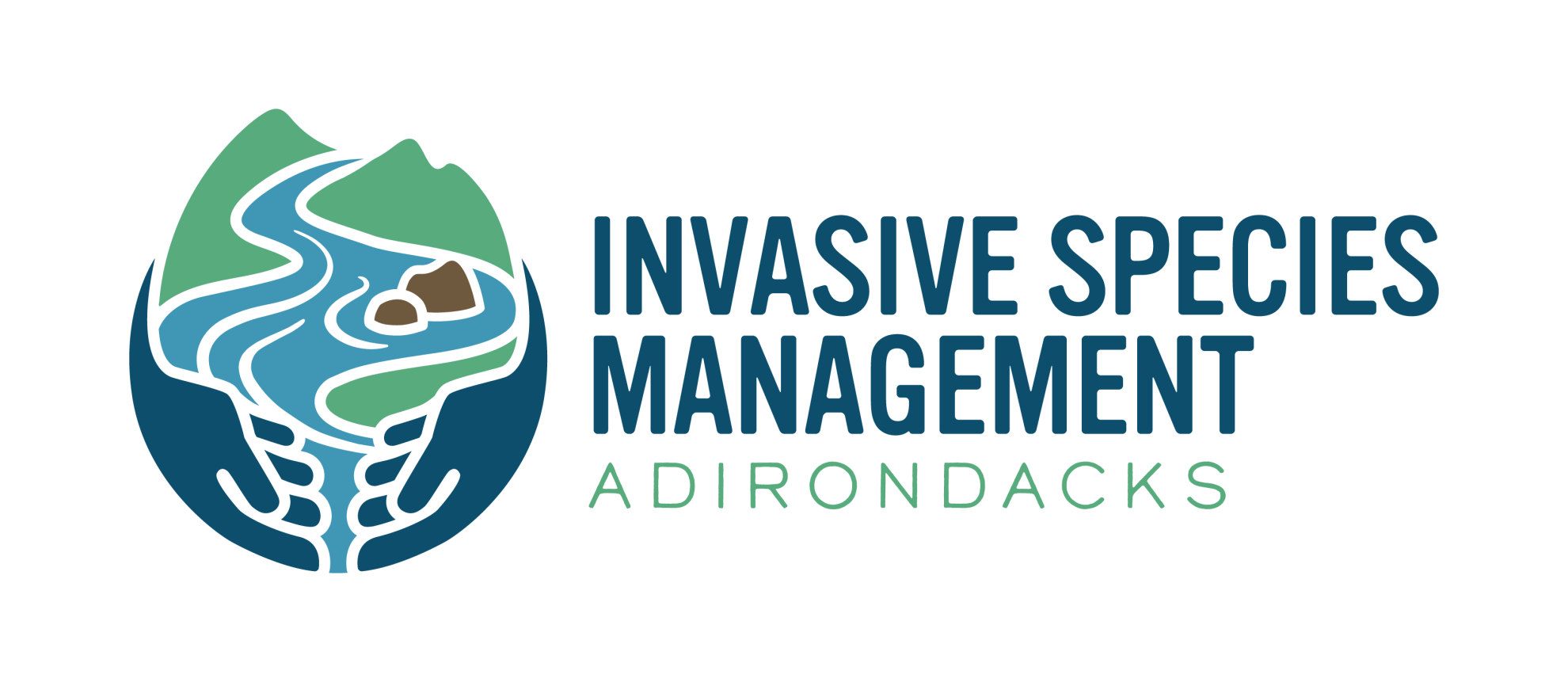Invasive Species at Our Door: Adirondack Invasive Species Summit

- 19 Oct 2022 At: 09:00:AM - 04:30:PM
- Adirondack Experience, the Museum on Blue Mountain Lake
- 9097 Route 30, Blue Mountain Lake, NY 12812
- Register Now
Invasive Species at Our Door: Adirondack Invasive Species Summit
Join APIPP at Adirondack Experience, the Museum on Blue Mountain Lake, for the “Invasive Species at Our Door” summit. This free, day-long event will focus on the threat and the opportunity to manage two invasive species that have the potential to dramatically impact Adirondack forests and freshwater ecosystems—hemlock woolly adelgid (HWA) and hydrilla.
The summit will feature some of the region’s experts on HWA, a forest pest that is taking hold in the Lake George region. HWA panelists include David Orwig, Senior Ecologist and Forest Ecologist from Harvard Forest; Gary Lovett, Senior Scientist for the Cary Institute of Ecosystem Studies; and Mark Whitmore, Director of the New York State Hemlock Initiative for Cornell University. The featured speakers will talk about the impact HWA may have on Adirondack forest ecosystems and the carbon sequestration potential of our forests, as well as how to manage hemlock to reduce these impacts. Speakers will also address the potential for biocontrols to help in the fight against HWA. Following the presentations, participants will have a chance to discuss the implications for the Adirondacks if HWA is here to stay.
The summit is also a chance to learn more about hydrilla, an aquatic invasive species that is present in other regions of New York. Meg Modley, Aquatic Invasive Species Management Coordinator for the Lake Champlain Basin Program, will provide an introduction to hydrilla, and cover the plant’s current infestation locations and how its presence could impact the Adirondacks. Dr. Susan Wilde, Associate Professor with the University of Georgia, who recently discovered a link between a bacteria connected with hydrilla and the death of eagles in the Southeast, will discuss her groundbreaking research. The Army Corps of Engineers will share the latest best management practices for managing hydrilla and Bill Brosseau, Stewardship Director for the Paul Smith’s College Adirondack Watershed Institute, will discuss Adirondack hydrilla prevention programs. Following the presentations, participants will have a chance to discuss what we can do to prevent or prepare for infestations of hydrilla in the Adirondacks.
The summit will be co-hosted by Adirondack Experience, the Museum on Blue Mountain Lake. There is no charge to attend, but space is limited so you must pre-register. The Society of American Foresters has approved 5 hours of Category 1 Continuing Forestry Education credits for this workshop. Participants who desire credits must attend the entire event.
Participants are kindly expected to wear masks when indoors at the Museum. For those who cannot attend in person, presentations will be live-streamed on Facebook starting at 9:30am; however, viewers will not be able to participate in the discussions. Please note, the livestream will be recorded but audio and visual quality may be variable.
Adirondack Invasive Species Summit Agenda
Invasive Species at Our Door: The Threat and the Opportunity
October 19, 2022 9:00am – 4:30pm
Agenda
9:00am Coffee and Registration
9:30am Welcome and Introductions
Hemlock and Hemlock Woolly Adelgid Panel
-
Dr. David Orwig, Senior Forest Ecologist, Harvard Forest
-
Dr. Gary Lovett, Forest Ecologist, Cary Institute
-
Dr. Mark Whitmore, Principal Investigator and Forest Entomologist, Cornell University New York State Hemlock Initiative
-
Facilitated Discussion
-
What are the implications for you as a land manager, nonprofit organization, municipality, or concerned citizen knowing that HWA will not be eradicated from the Adirondacks?
12:30pm – 1:15pm – Lunch (provided)
1:30pm Hydrilla Panel
-
- Meg Modley, Aquatic Invasive Species Management Coordinator, Lake Champlain Basin Program
- Dr. Susan Wilde, Associate Professor of Aquatic Science, University of Georgia
- Bill Brosseau, Stewardship Program Director, Paul Smith’s College Adirondack Watershed Institute
- Kate Monacelli, Hydrilla Project Manager, Finger Lakes Institute at Hobart and William Smith Colleges
- Facilitated Discussion
- How can we prepare now for hydrilla coming to the Adirondacks? What do we need to be proactive instead of reactive?
- What resources (information, tools, funding, procedures) do we need to have in place to manage a hydrilla infestation?
4:30pm Adjourn

